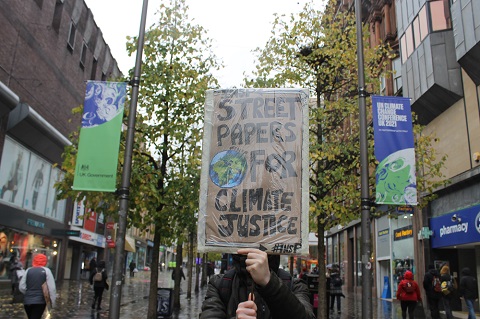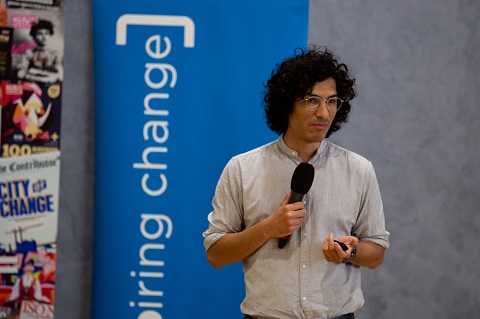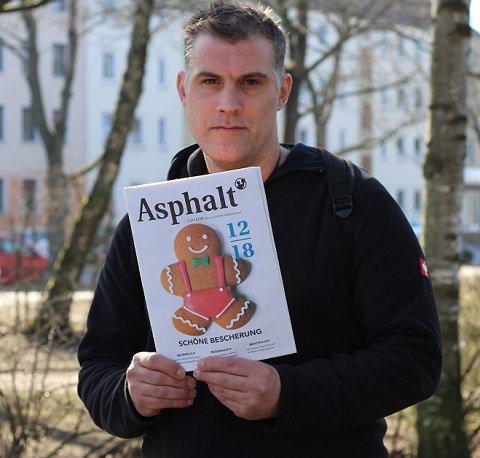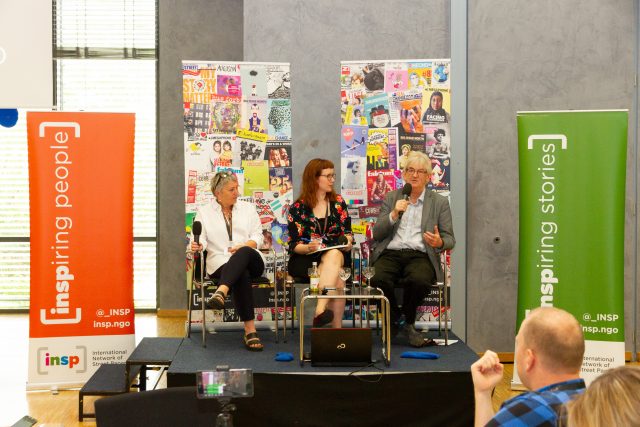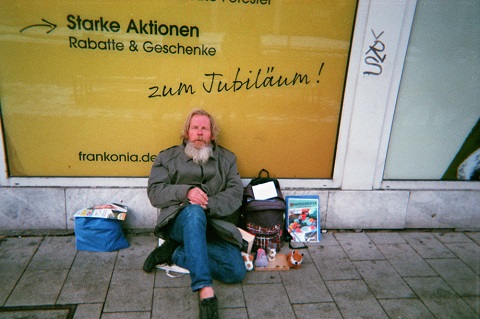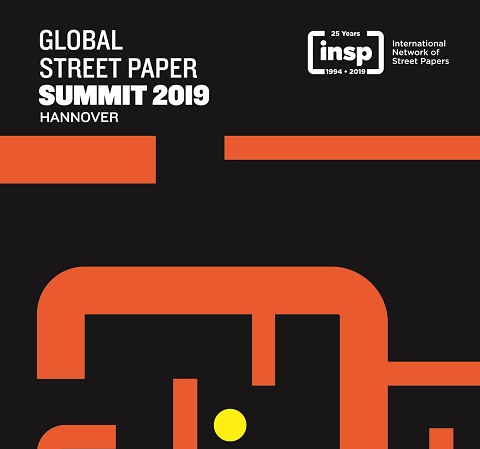It’s a well-worn trope: we are all “two pay cheques away from becoming homeless”. Then there are all the ways in which this is then spun – homelessness can happen to anyone; homelessness results from many different causes; homelessness is hugely complex.
The evidence to back up these claims is thin, says Suzanne Fitzpatrick, the keynote speaker on day three of the 2018 INSP Global Street Paper Summit, and professor of housing and social policy at the Institute for Social Policy, Housing, Environment and Real Estate (I-SPHERE) at Heriot-Watt University in Edinburgh. And yet, we hear it all the time. Fitzpatrick has made a bit of a storm with her research refuting these types of claims which, she believes, are circulated by certain parties to back up their political, social and economic agendas.
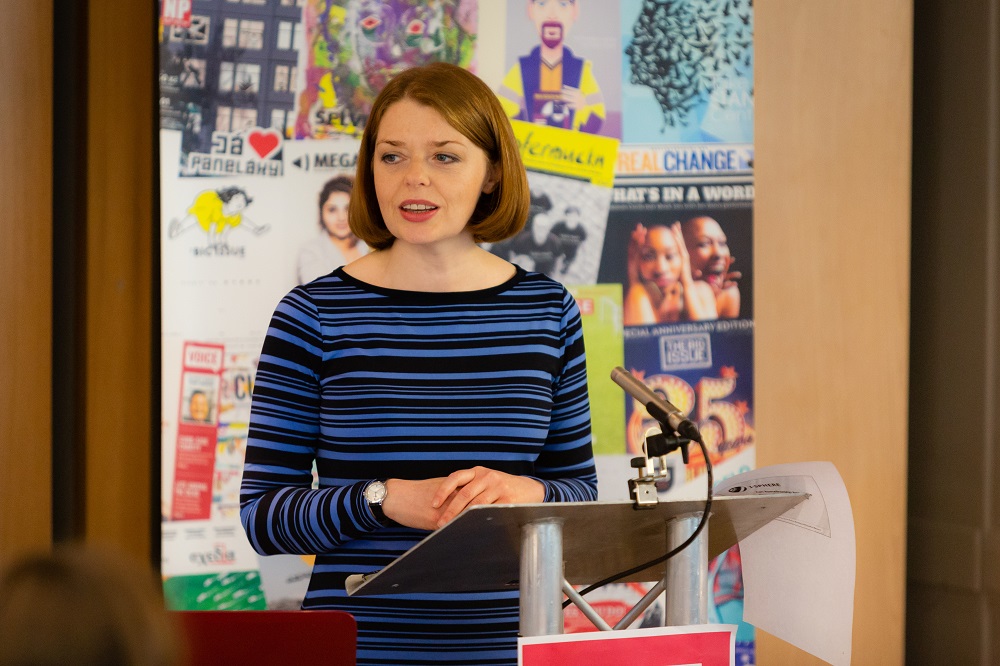
Presenting her research to delegates at #INSP2018 – with the deliberately provocative title, ‘Can homelessness happen to anyone? Don’t believe the hype’ – Fitzpatrick gave an insight into the real factors behind homelessness and poverty, showing that, actually, it is more predictable than it is made out to be.
Specialising in research on homelessness and social exclusion, Fitzpatrick, who was also, until recently, editor of the International Journal of Housing Policy, offers an alternative view. She says proclamations stating that homelessness is an unpredictable, unfathomable, unpreventable, random event, a stance that has been widely accepted across the political spectrum in the UK, is false, and that this is probably true on an international scale too.
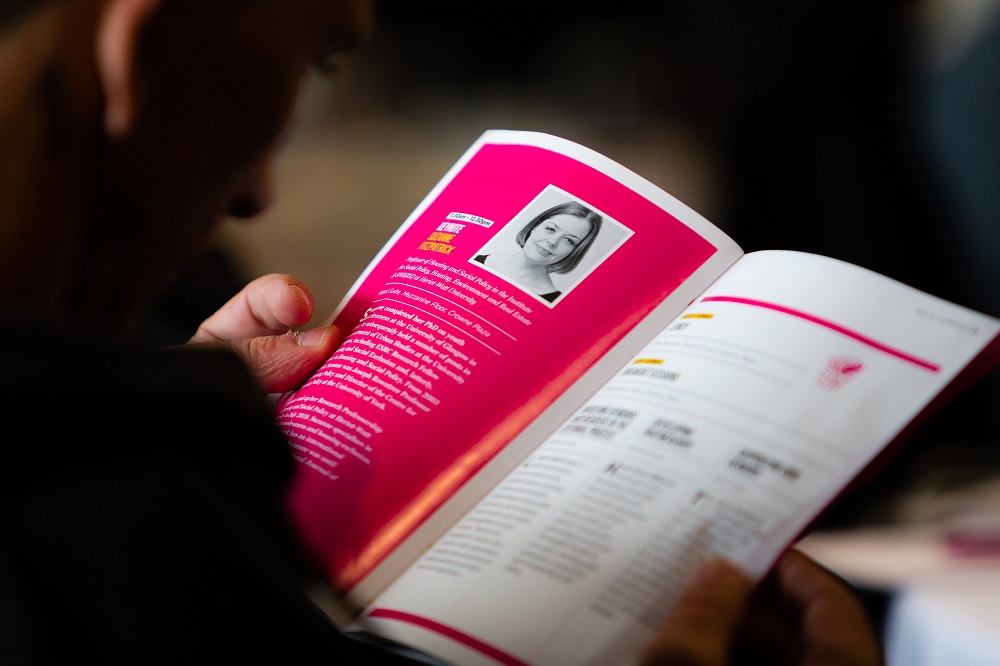
Delegates in the audience were fascinated with the data backing up Fitzpatrick’s research, which especially highlighted that those experiencing child poverty were exponentially more likely to become homeless, and found something of a kindred spirit in a person looking to get to the crux of what causes homelessness, something street paper staff are passionate about.

Finally, Fitzpatrick presented two vignettes – portraits of two hypothetical individuals that come from differing demographics – which showed that, altering certain factors in their lives, some realistically changeable and some not so, could increase the probability of homelessness by the age of 30 by more than 70 per cent.
Saying that the most important drivers of homelessness include poverty, availability and affordability of accommodation, and the extent to which poverty prevention measures are used, may seem like an obvious statement, but it is not the norm when it comes to communication about how homelessness comes about, from the government and many major UK organisations raising awareness about the issue.
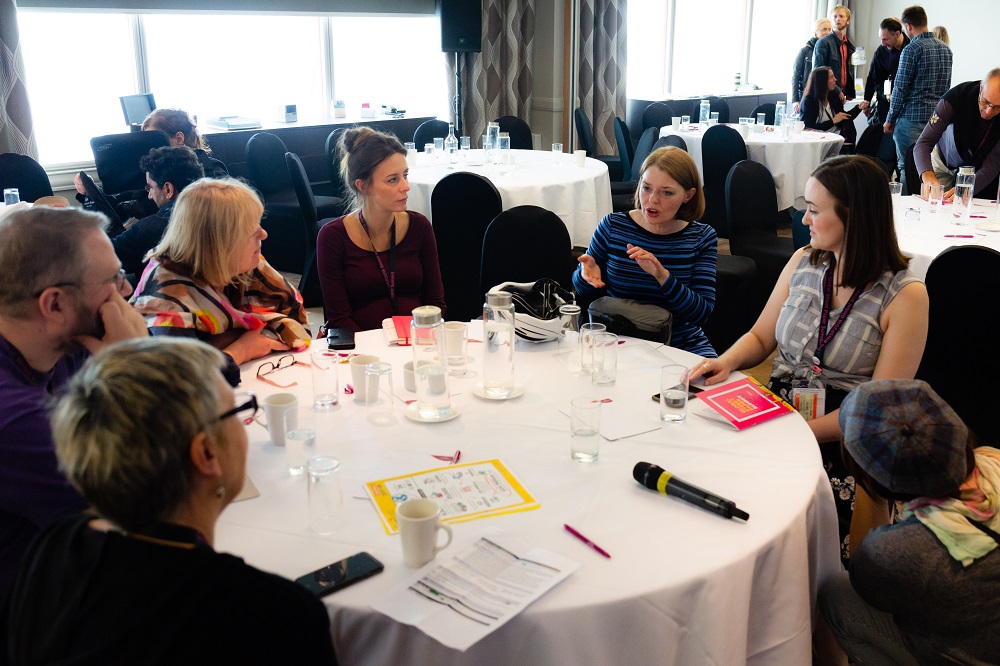
Fitzpatrick said: “We’re not talking about slight changes – these are fundamental differences that mean there is a slim chance for certain people to become homeless, while the odds are stacked against others.”
Read more about Fitzpatrick’s research here.
Fitzpatrick is set to present more on her research on INSP.ngo and on the INSP News Service in the coming weeks. Until then, watch the live stream of her keynote speech at #INSP2018 below.





